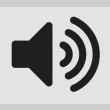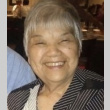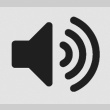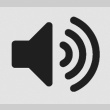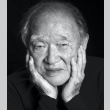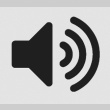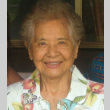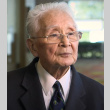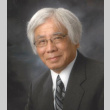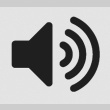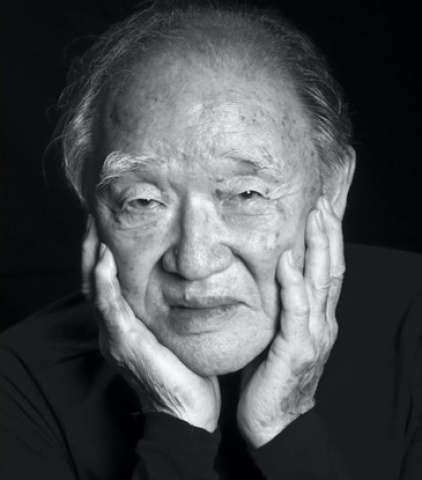PARTNER
Densho
Visit partner
COLLECTION ID
ddr-densho-1021
DESCRIPTION
This collection consists of ten interviews that historian Naoko Wake conducted in 2011-15 for her book American Survivors: Trans-Pacific Memories of Hiroshima and Nagasaki. Five of the interviews are with US survivors of the atomic bombings of Hiroshima and Nagasaki in 1945, while the other five are with medical and legal professionals and community activists who have supported US hibakusha’s effort to gain recognition from both American and Japanese governments. The interviews include hibakusha’s childhood memories, their experiences of growing up in the United States and Japan, the 1945 nuclear attacks and their immediate aftermaths, returning (or coming) to America after the war, gaining Japanese and Japanese American supporters, and their concerns about their radiation illnesses and the lack of medical care. Their memories also illuminate the complex relationship between the bomb and the camp in postwar Japanese American families and communities.
INCLUSIVE UNIT DATE
2011-2015
BULK UNIT DATE
2011-2015
PHYSICAL DESCRIPTION
CONTRIBUTOR
Densho
CREATORS
PREFERRED CITATION
Courtesy of Naoko Wake, Densho
RIGHTS

This work is licensed under a Creative Commons Attribution-NonCommercial-ShareAlike 4.0 International License.
10 Objects
